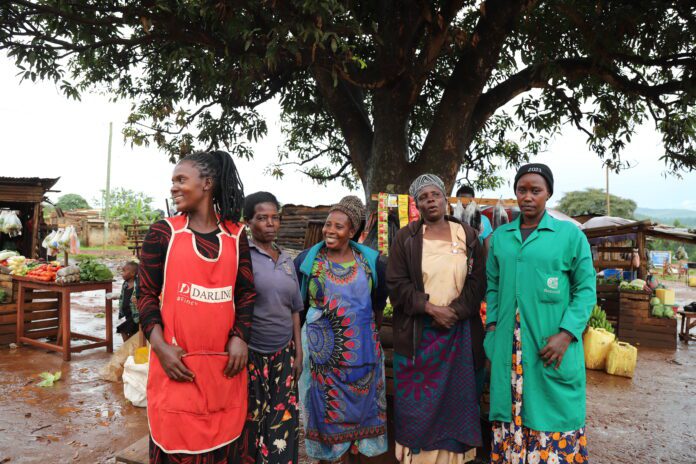
In recent years, the Parish Development Model (PDM) has emerged as a transformative initiative for driving economic growth and empowering communities in Uganda.
While its financial benefits—particularly integrating families into the money economy—are often highlighted, the PDM’s impact reaches far beyond financial inclusion. It serves as a catalyst for social, emotional, and economic stability, profoundly uplifting lives and creating ripples of positive change across families and communities.
One of the most amazing, yet often understated, impacts of the PDM is its ability to restore dignity and emotional resilience. For decades, poverty has subjected many families to feelings of humiliation and hopelessness. Parents unable to pay school fees were consumed by shame as their children were sent home, often resulting in a cycle of despair.
For beneficiaries who have successfully utilized the funds to multiply their resources, the narrative is changing. By enabling parents to earn sustainable incomes, the PDM is instilling a renewed sense of pride and purpose. Children now attend school uninterrupted, fostering optimism and easing the psychological stress that often accompanies financial hardship.
In communities where the PDM has taken root, a noticeable shift in attitudes and aspirations is evident. Edith Besigireki, a beneficiary from Mitooma town council in Mitooma district who previously labored on other people’s farms to make ends meet, through PDM support, has now established her own business, improved her economic prospects, and enhanced her standing in the community.
Rose Nankabirwa from Kiboga town council in Kiboga district, operating a fresh food stall at Kabutemba side Market, shared how PDM has freed women from the clutches of exploitative moneylenders. Previously, she had to borrow UGX 100,000 per week for her business, repaying it with a crippling 20% interest. Thanks to PDM’s affordable financing, Nankabirwa and others like her no longer live in fear of debt or moneylenders.
The affordable financing options provided by the PDM are breaking the chains of debt that once trapped many families. Women, in particular, are regaining control over their finances and lives, liberating themselves from cycles of dependency on high-interest loans. This financial independence is fostering a sense of security and self-reliance, strengthening family bonds, and reducing domestic conflicts.
Read Also: How Museveni’s PDM Tour Will Boost Local Economy Through Wealth Creation
Traditionally sidelined in financial matters, women are now taking leadership roles in community transformation.
Education—long seen as the cornerstone of poverty eradication—is becoming more accessible thanks to the PDM. Parents who once struggled to pay school fees can now do so with newfound ease. This shift not only ensures children can pursue their education uninterrupted but also strengthens the emotional connection within families. Parents feel pride and fulfillment in their ability to provide, while children gain the stability and opportunities they need to thrive.
As we continue to witness the profound effects of the Parish Development Model, it is key to acknowledge the holistic transformation it has brought in communities.














